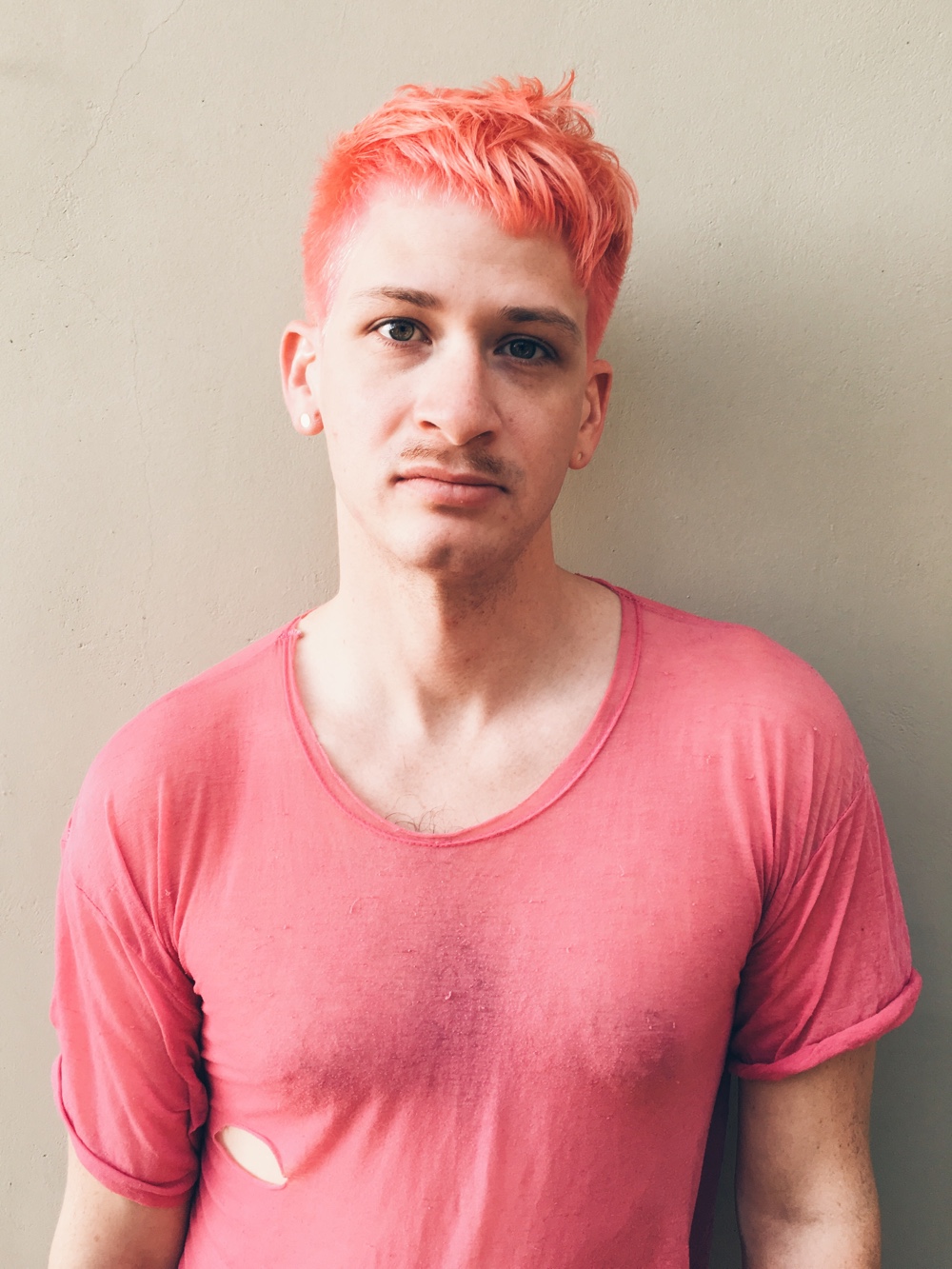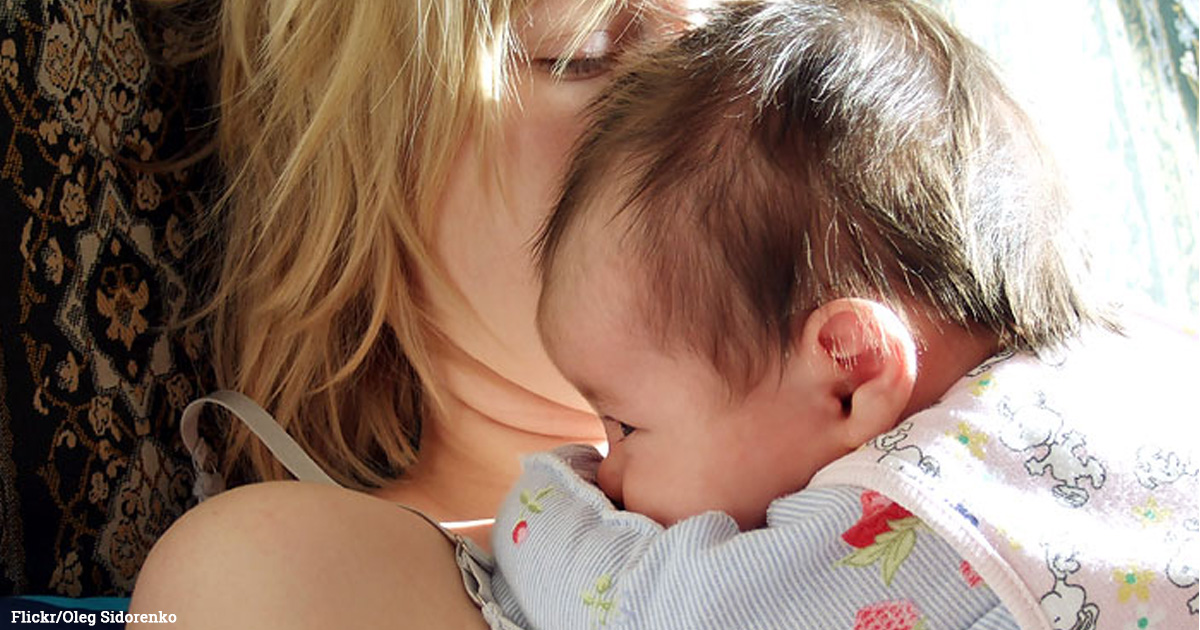The One Mental Health Issue Young Mothers Don’t See Coming

By:
One new mom wrote a viral post on Facebook about her struggle with accepting without shame her diagnosis with a mental health issue that seems to be resonating with a lot of parents.
 Flickr/Oleg Sidorenko - flickr.com
Flickr/Oleg Sidorenko - flickr.com
Cassie Gurley's story about postpartum depression is highlighting the pervasiveness of the mental illness for moms, as one in nine women experience postpartum depression after giving birth, according to the Centers for Disease Control and Prevention (CDC).
"I am 25 years old, and today I was diagnosed with Postpartum Depression,” Gurley shared in a Facebook post March 8 with Love What Matters. “Being young and healthy I never thought in a million years I would fall into the hands of PPD considering I have never struggled with depression.”
The disorder is marked by issues regarding mothering, from feeling insecure of your skills as a mother to even feeling detached from child.
“I avoided the symptoms for weeks thinking it was just my hormones but day after day I became overwhelmingly sad and unhappy over nothing. I thought to myself everyday 'I have a beautiful baby and an amazing husband who works so hard, so what could I possibly be unhappy about?'” Gurley wrote in the post that has over 10,000 reactions.
Feelings of depression in new mothers is surprisingly common.
A fifth of mothers have an episode of depression in their first year as a parent — and half of them had serious symptoms.
What’s unique about postpartum is that age doesn't excuse a mother from being susceptible to the illness. The Seleni Institute, a nonprofit working to destigmatize mental health issues, found that the incidence of postpartum in teen mothers occurs at twice the rate of mothers in their mid-20s and beyond.
Moreover, model and TV host Chrissy Teigen opened up in Glamour on March 6 about her struggle with depression after giving birth to her daughter.
"Postpartum does not discriminate,” she wrote for Glamour. “I couldn’t control it. And that’s part of the reason it took me so long to speak up: I felt selfish, icky, and weird saying aloud that I’m struggling."
It seems Gurley's post resonated with others as many left comments commending her for speaking out on the subject:
This is why Gurley’s story is striking a chord: it destigmatizes a unique mental health matter that's often is overlooked in young mothering.
“PPD is real, and happens to so many mothers out there,” Gurley explained. “I want to encourage each and every mom out there who is struggling that's it's okay to get help and that you're not alone."
